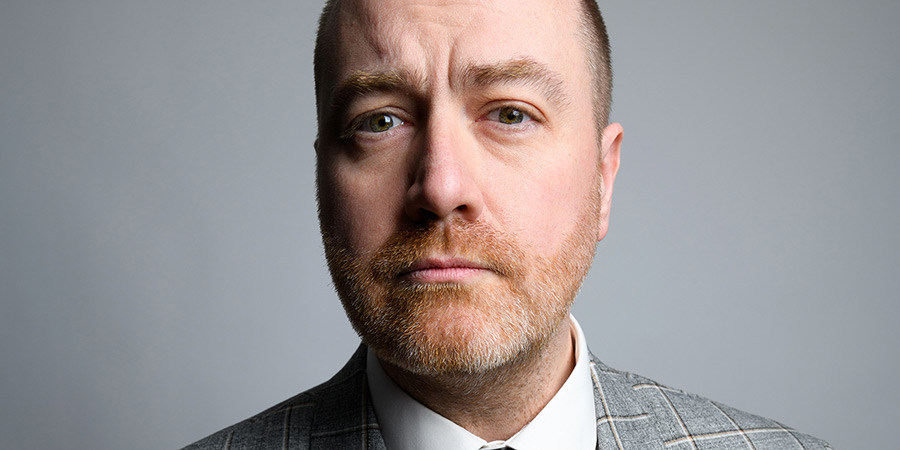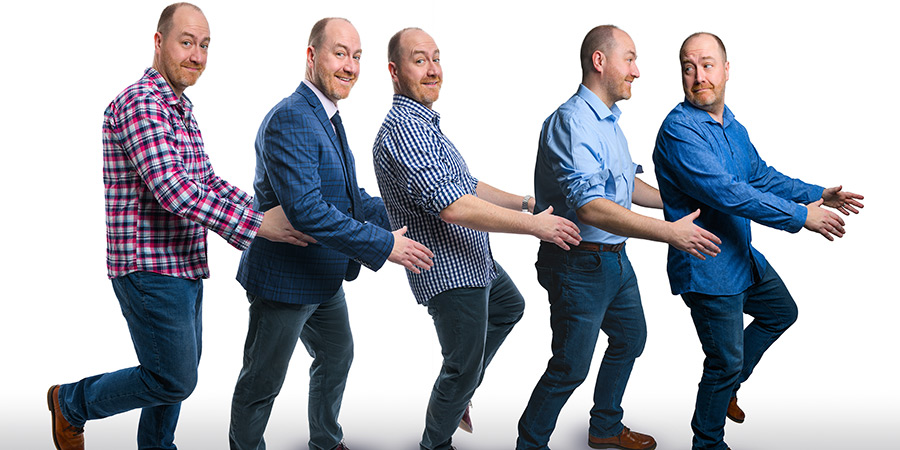Steve N Allen on the cost of gigging crisis

Like Fabergé eggs and divorces, performing at the Edinburgh Fringe has a reputation for being expensive. The costs of putting on a show pile up and the increased price of accommodation during the month of August feels like it must do more for the Scottish economy than The Barnett Formula.
As a performer, we subconsciously see a run at the Fringe like buying a lot of scratch-cards. Yes, it will cost you money but you know there's that slim chance you'll be the one it pays off for. Don't think about the actual probabilities or you'll depress yourself.
Before the shows are performed at the Fringe, there is the process of previews; the act of touring your show around to see how actual audiences respond to it. Looking at the economics of the preview stage tells us a lot about the financial health of the comedy circuit.
The preview gigs happen across the country and the increase in petrol prices has hit the performers hard. It's a time of year when audience turnout can be low, which impacts how much you can earn at the preview. Basically, if you stop for a snack in the motorway services with their inflated food prices, you're paying to do your preview.
The same effect can be seen in the comedy circuit all year round. It's a greenroom cliché to work with veteran acts and hear them talk about the good old days. They tell you how well off you'd be as a stand-up comedian, performing five gigs across a weekend and making good money. If you ever ask how much they were paid you'll realise that it's basically the same gig fee as we get now. In some cases that's over 20 years of no increase.

These days the money for a set in a club might struggle to cover the costs whereas in the late 1990s it would buy you a house or thereabouts.
In 1999 a litre of petrol was 61.9p. A pint of lager, if you had one at the gig, was round £2. Even then it was cheaper to drink petrol, but in 2023 petrol is 145.9p and lager is nearly £5. We should be earning at least double what the stand-up comedians used to get.
There is an irony here. Comedians in general are the type of people to support the strikes of nurses and teachers, even the train drivers that affect is getting to gigs. Some of us have been invited onto radio and TV shows to debate issues like zero-hours contracts. Meanwhile we have seen our fees stay much the same as they were in the year the sitcom Friends started.
If grassroots comedy can't increase the pay it will impact the generation of comedians who have yet to start. If it costs more to gig than you'll earn from the show it means the only people who can afford to get the stage time and become comedians are people from posh backgrounds.
One class of people have parents who can fund their experiment in live comedy. Another socioeconomic group have to earn a living and they'll be priced out of the industry. Yes, we'll have loads of observational material about how to spot a good red wine but none of the gritter performers like Billy Connolly or the unique viewpoint of Russell Kane.
If the situation doesn't improve the cost of gigging crisis will ultimately be bad for comedy.
Help British comedy by becoming a BCG Supporter. Donate and join us in preserving, amplifying and investing in comedy of all forms, from the grass roots up. Advertising doesn't cover our costs, so every single donation matters and is put to good use. Thank you.
Love comedy? Find out more
